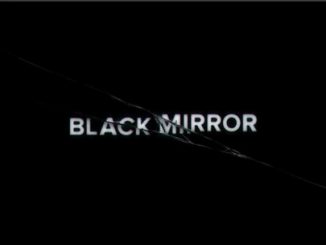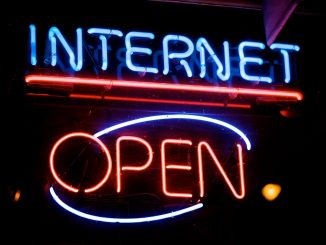
With the development of the Internet, it is now inseparable from people’s lives. The emergence of the Internet has brought more resources and benefits to people, but not everyone can benefit. The Internet magnifies the inequalities in society, and these inequalities also primarily affect the Internet’s inability to develop and popularize better. This inequality is reflected in different races, national development, individuals, and gender, particularly gender.
Google–algorithm bias
Google is one of the giants in the Internet industry. But in such a company that is closely connected with people’s lives and often appears in the public eye, there are apparent gender and race prejudices.
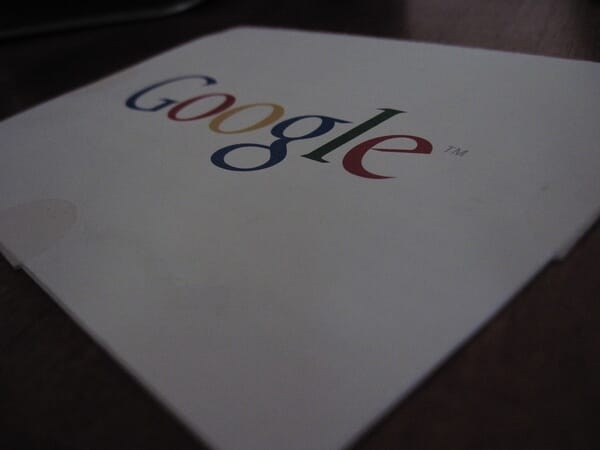
“Google” by Cesar Solorzano is licensed under CC BY-NC-ND 2.0
For example, when you enter black girls in Google’s search engine, almost all content that appears contains pornographic information, and it is nearly impossible to find information about them and knowledge agents (Valdivia, 2018). The strange thing is that the search engine is not a person with changeable ideas, but a program that can achieve neutrality, but it seems to be racist against blacks and prejudiced against women.
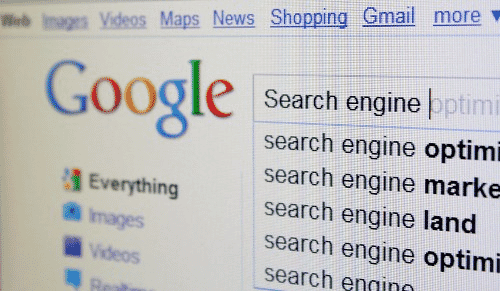
“Google Main Search” by MoneyBlogNewz is licensed under CC BY 2.0
However, the appearance of this situation does not seem to be random, but one can find the reasons. For example, a well-documented case in which Google programmers claimed they were objective, but they disseminated content highly opposed to women (Valdivia, 2018). Google claims to be neutral and democratic, but this case is hard not to raise doubts, and the credibility has become low. And among Google employees, also can see evidence of prejudice against race and gender. Among Google’s highly paid programmers, most of them are white men (Valdivia, 2018). The abilities of these white employees are excellent, but there are many perfect black programmers and female programmers. It can be seen that this kind of discrimination against women and race exists within Google, so it is difficult for the content of the search engine to maintain neutrality.
Considering the outside of Google, there are also specific gender and racial prejudices in Silicon Valley culture. “We see a sort of “bro-culture” emerging in Silicon Valley” (Lusoli & Turner, 2020). They formed a circle, isolating people of other races from the process.
Google is one of the most influential Internet companies. Google’s global search engine market share accounted for 92% (Statcounter, 2021). This means it can affect most people, and it gets more attention than others. So Google spread to a certain extent, strengthening gender and racial prejudice.
Digital divide
-
National & Individual Digital Divide
The term digital divide first appeared in the United States, meaning the social inequality due to computers and the Internet (Kerras et al., 2020). This inequality can mean that some people can effectively use the Internet and get more resources, but others cannot. The Internet cannot bring everyone equal opportunities. The inequality brought about by the development of the Internet not only exists in individuals and can also be seen from the country’s perspective.
The UN reveals that 80% of the population in developed countries use technology, only 50% in developing countries and only 20% in the least developed countries use technology (Kerras et al., 2020).

“Sabitra—Using-Laptop” by anantal is licensed under CC BY 2.0
People in developed countries can enjoy the benefits and resources brought by the Internet to a greater extent. But in underdeveloped countries, many people still cannot use the Internet, let alone profit from it. “Vulnerable and marginalized groups have little chance to benefit from tools such as the Internet automatically” (Kerras et al., 2020).

“Chowpatty Inequality” by Shreyans Bhansali is licensed under CC BY-NC-SA 2.0
The strong will become more robust, but for the weaker countries, their opportunities are relatively small. For individuals and nations, the emergence of the Internet has strengthened the inequality of opportunity and development. They are widening the gap between strong and weak.
-
Gender digital divide
The gender digital divide means the inequality between men and women in using computers and Internet connection strength and participation in essential internet use (Castaño, 2011, as cited in Kerras et al., 2020). The disparity brought about by the Internet is in terms of countries and individuals, and representations of gender.
Firstly, the ratio of male and female participation in the network, the gap is pronounced in underdeveloped countries. For example, in the 2014 data, women are 25% less likely to go online than men in developing countries, but the gap can be 45% in sub-Saharan Africa (Antonio & Tuffley, 2014). These mean men can use and benefit from it, but women lack the skills and opportunities to use the Internet. Hence, women reduce the chance to enjoy the convenience brought by the Internet.
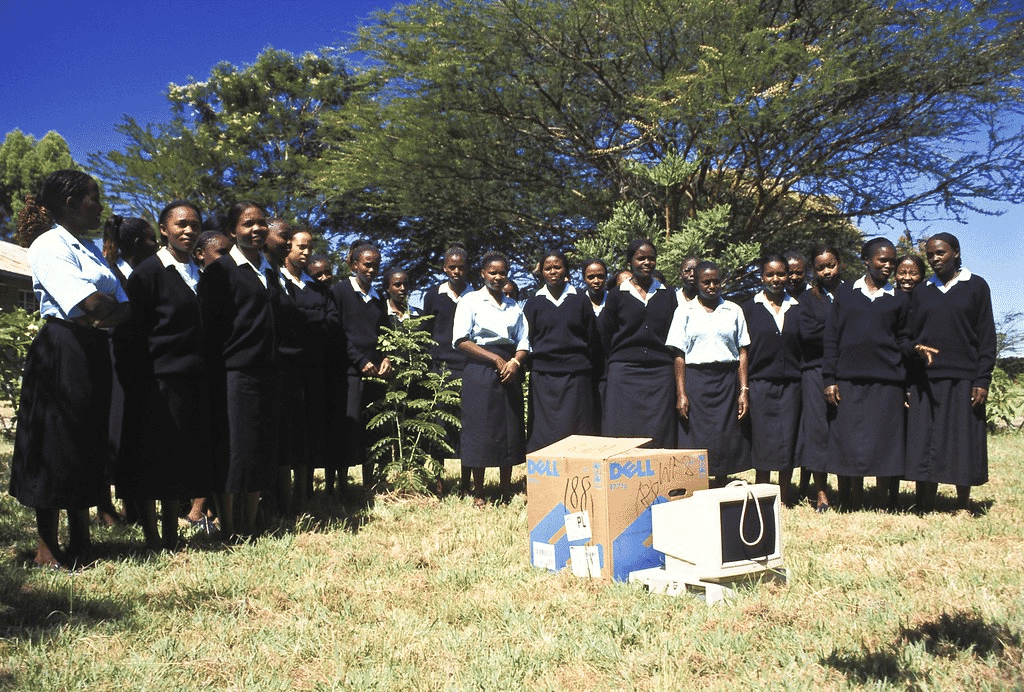
“Students pose with a donated computer” by thaths is licensed under CC BY-NC 2.0
Secondly, the development of the Internet has brought more job choices, and the emergence of these Internet jobs has also caused severe employment inequality between men and women. Few women participate in and benefit from the technology industry.
Only 11% of global cybersecurity workers are women (Kerras et al., 2020).
In the technology industry, the ratio of men to women is seriously uncoordinated. For example, hardware-related occupations or computer design positions are considered more masculine because of their strength and need more time (Kerras et al., 2020).
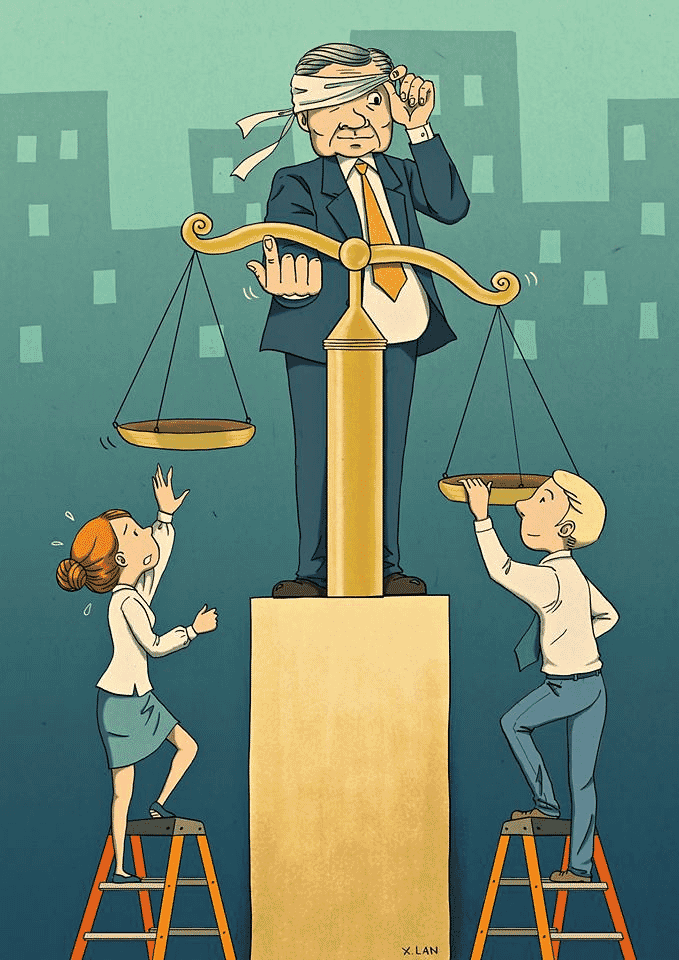
“First prize_Nguyen Vu Xuan Lan” by UN Women Asia & the Pacific is licensed under CC BY-NC-ND 2.0
In this IT industry, women automatically think that women are inappropriate and inconsistent with their positions. The stereotype of women exists in many industries, but the development of the Internet strengthens the stereotype of women. They almost excluded women from the industry, and it is difficult for women to get the same job opportunities as men. And the masculinization of the Internet profession has also led to many tools that are sometimes more suitable for men than women (Kerras et al., 2020). This situation is also unequal to women’s use of the Internet because many functions are more suitable for men or only considered by men.
The development of the Internet has brought about a significant degree of unequal use and benefit inequality between men and women. And the emergence of the Internet industry has exacerbated female stereotypes and employment inequality.
Brony – breaking the inequality in the fan base
Gender inequality is not only reflected in women but also in men. It is just that to a certain extent, women’s inequality will be more severe than men’s, and it will attract more attention. For example, Brony is a fan group of the cartoon TV show My Little Pony: Friendship is Magic. The main content of the show is the story of the six heroes defeating evil with love, friendship, and sincerity.

“Otakon 2011: My Little Pony: Friendship is Magic – 028” by ronaldhennessy is licensed under CC BY-NC-SA 2.0
But it is worth mentioning that in the Brony fan group, most of them are men. In the survey completed by more than 1,000 Bronies, 87% of the respondents were male (Robertson, 2013). However, men’s love for cartoon shows has aroused social discussion. Some people think that the occurrence of such things is pathological, wrong or “creepy” (Robertson, 2013). It is easier for people to understand the love of female fans for the works, but it is not easy to understand the love of men.
In the stereotype of Western countries, the image of men should be hegemonic, competitive and aggressive, or they will be considered weak (Robertson, 2013).
But Brony has always been conveying the positive energy and beauty of the show on social platforms, and gradually people began to realize that happiness can be pursued by everyone, regardless of gender. Brony uses the power of the Internet to spread love and sincerity, break people’s stereotypes about men, and reduce gender inequality not only among fan culture.
With the rapid development of the Internet, many social platforms have appeared, formed an online community, allowing people to express themselves better. It reduced the inequality between men and women and has broken the stereotype of men. Even though the stereotype of women is more severe and men seem to be easier to break than women. But to a certain extent, the Internet alleviated part of the problem.
All in all
Prejudice against women and race is already a deep-rooted problem, and the Internet has magnified these inequalities to a large extent. For countries and individuals, the Internet has indeed made the gap more obvious. The good ones may develop faster, and the bad ones are harder to catch up with good.
.png)
“#CSW62 – Side Event – Closing the Digital Gender Divide – Making Universal Access and Service Funds Work to Connect Women and Girls” by UN Women Gallery is licensed under CC BY-NC-ND 2.0
From another perspective, the unequal structure also controls the development of the Internet seriously. Lack of training, education, and respect for equal opportunities hinder technological development and sustainable development (Kerras et al., 2020).
However, overcoming the digital divide requires more policies to ensure equality, and the Internet is a good tool. When used reasonably and effectively, it can alleviate inequality, not spread inequality.
References
Antonio, A., & Tuffley, D. (2014). Digital literacy in the developing world: a gender gap. The Conversation. Retrieved 13 October 2021, from https://theconversation.com/digital-literacy-in-the-developing-world-a-gender-gap-28650.
Kerras, H., Sánchez-Navarro, J. L., López-Becerra, E. I., & de-Miguel Gómez, M. D. (2020). The impact of the gender digital divide on sustainable development: Comparative analysis between the european union and the maghreb. Sustainability (Basel, Switzerland), 12(8), 3347–. https://doi.org/10.3390/SU12083347
Lusoli, A., & Turner, F. (2021). “It’s an Ongoing Bromance”: Counterculture and Cyberculture in Silicon Valley—An Interview with Fred Turner. Journal of Management Inquiry, 30(2), 235–242. https://doi.org/10.1177/1056492620941075
Robertson, V. L. D. (2013). Of ponies and men: My Little Pony: Friendship is Magic and the Brony fandom. International Journal of Cultural Studies, 17(1), 21–37. https://doi.org/10.1177/1367877912464368
Search Engine Market Share Worldwide | Statcounter Global Stats. StatCounter Global Stats. (2021). Retrieved 13 October 2021, from https://gs.statcounter.com/search-engine-market-share.
Valdivia, A. N. (2018). Algorithms of Oppression: How Search Engines Reinforce Racism by Safiya Umoja Noble (review). Feminist Formations, 30(3), 217–220. https://doi.org/10.1353/ff.2018.0050

The Internet developments brought the digital divide and the strengthening of inequality. by Kexuan Liu is licensed under a Creative Commons Attribution-NonCommercial-ShareAlike 4.0 International License.
